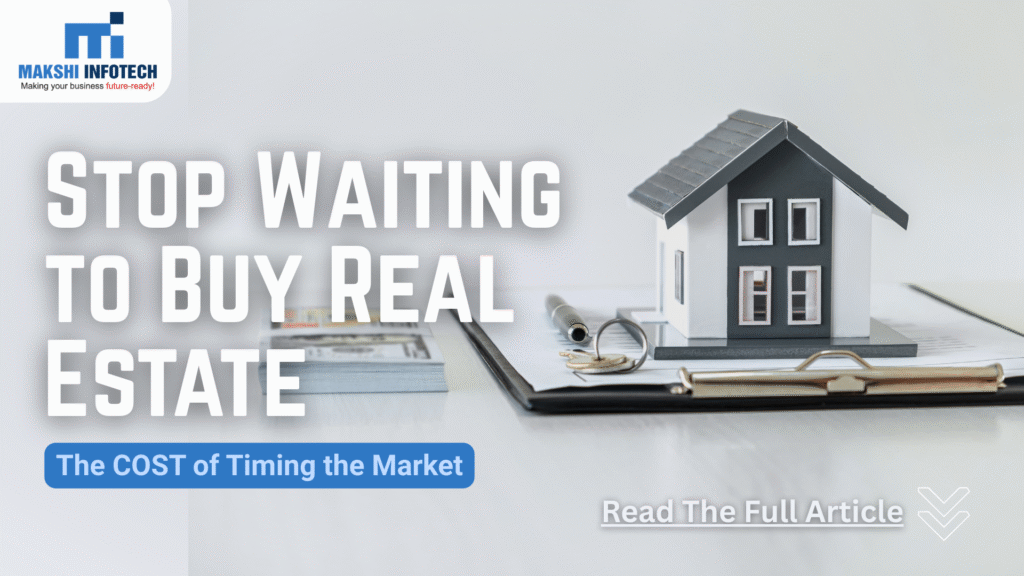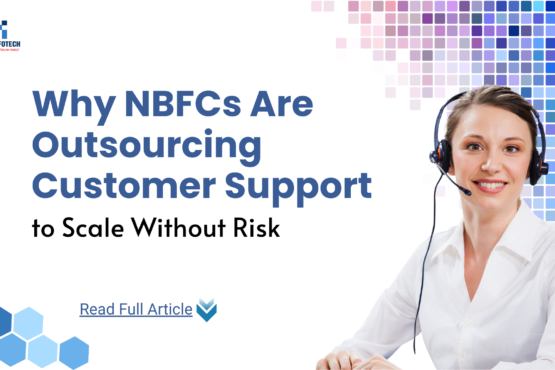
Introduction
Have you ever found yourself saying, “I’ll buy a property when the market crashes,” or “Let me wait for home loan interest rates to drop just a little more”? If so, you’re not alone. Many potential buyers and investors are paralyzed by the fear of buying at the wrong time. But what if this waiting game is actually costing you more than you realize?
The quest for the “perfect moment” is one of the biggest myths in real estate. This article breaks down why time in the market is almost always more important than timing the market.
The Paralyzing Pursuit of Perfect Timing
The desire to buy at the lowest possible point is understandable. However, the real estate market is incredibly complex and influenced by countless unpredictable factors—global events, policy changes, and economic shifts. Even experts rarely consistently predict peaks and valleys. By waiting for the elusive “bottom,” you’re not just waiting for a better price; you’re also missing out on other crucial benefits.
The Real Cost of Waiting: It’s More Than Just Price
While you wait, the market doesn’t stand still. Here’s what you’re potentially losing:
- Lost Appreciation: Real estate values have historically trended upward over the long term. While there are corrections, the overall trajectory is growth. A property that costs ₹50 lakhs today might be ₹55 lakhs next year. If you wait for a 5% price drop that never comes, you’ve effectively lost 10% in purchasing power.
- Lost Rental Income: If you’re an investor, waiting means losing out on potential rental income. That income could have been helping you pay your EMI, effectively reducing your cost of holding the asset.
- The Emotional Cost: The stress of constantly monitoring the market, the disappointment of missing out on a good property, and the delay in achieving your goal of homeownership have a real, though intangible, cost.
A Powerful Concept: Time in the Market > Timing the Market
This famous investment principle applies perfectly to real estate. The power of real estate wealth building isn’t in buying at the absolute lowest point; it’s in owning the asset for as long as possible, allowing compound appreciation to work its magic.
Look at any historical price graph for a major Indian city. You’ll see short-term dips, but the long-term line is always rising. Those who bought and held have built significant wealth. Those who waited for the “perfect time” often found themselves priced out.
What Should You Do Instead?
Shift your focus from market timing to personal readiness.
Ask yourself:
- Do I have a stable income to service a home loan?
- Have I found a property in a good location that meets my needs?
- Is my financial documentation in order?
- Am I buying for the long term (at least 7-10 years)?
If the answer to these questions is yes, then it is a good time for you to buy. The best time to plant a tree was 20 years ago. The second-best time is now.
Conclusion:
Waiting for the perfect moment can be the riskiest strategy of all. It often leads to paying a higher price later or missing out on a dream home altogether.
By focusing on your personal financial readiness and committing to a long-term hold, you can overcome the paralysis of analysis and make a decision that builds wealth for your future.
Ready to find a property that’s right for your timeline?



